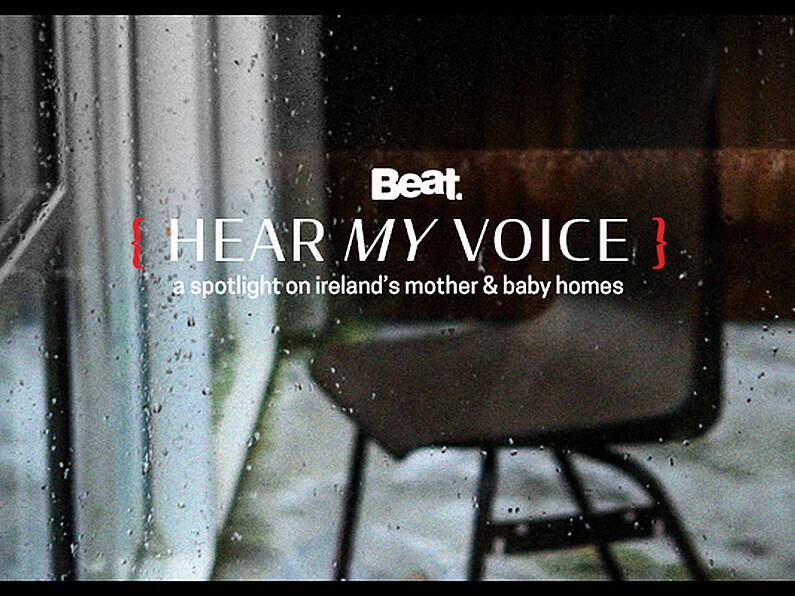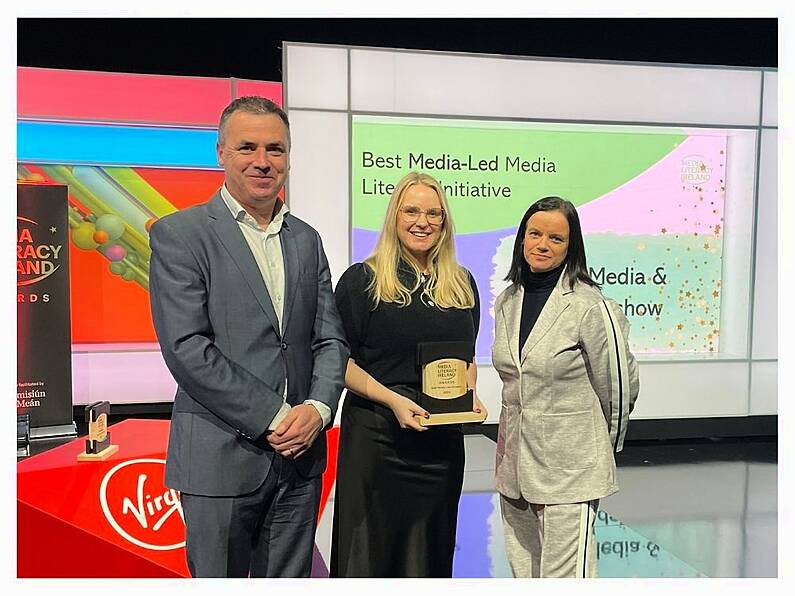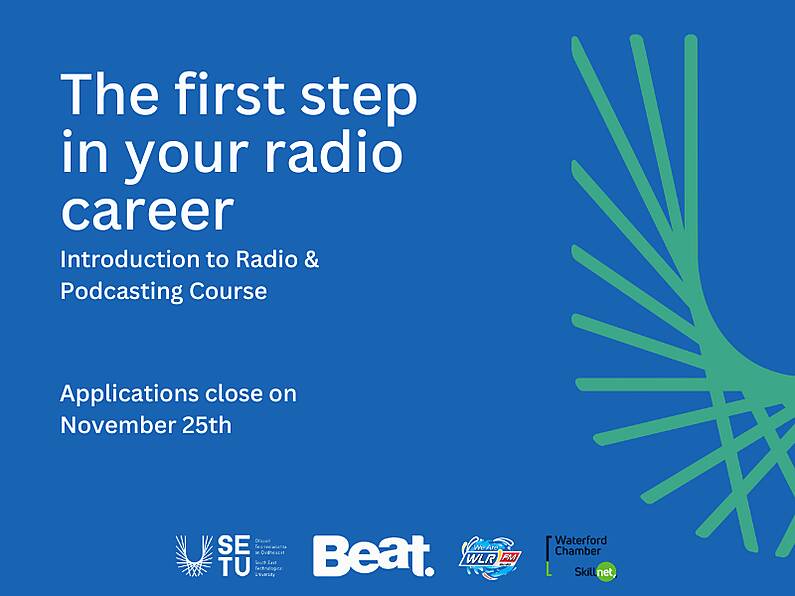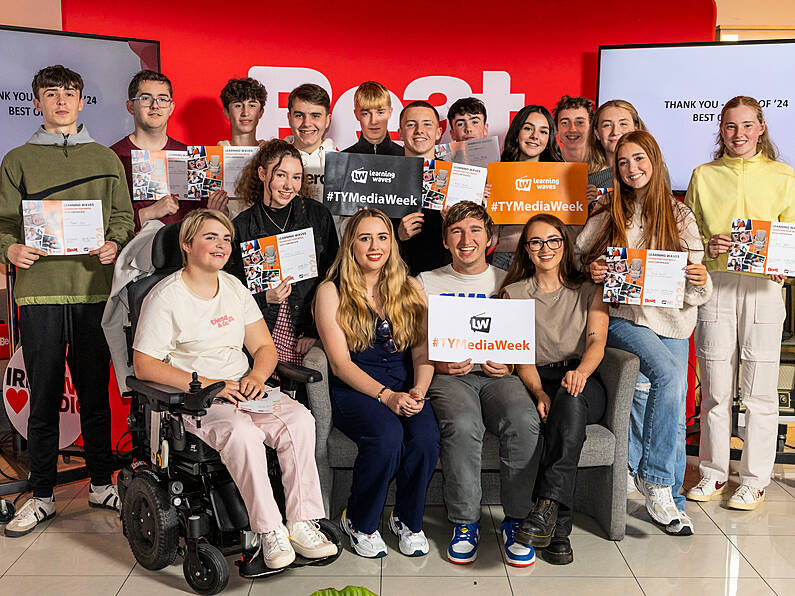A Spotlight by Megan Phelan.
All this week, Beat is shining a spotlight on Ireland’s mother and baby homes and survivors across the South East.
Mother and baby homes were institutions run by Catholic nuns where unmarried mothers were sent to have their babies throughout the 20th century, as having a baby outside of marriage was frowned upon by society.
In 2014, historian Catherine Corless released her findings that the bodies of 796 children were buried in an unmarked grave in Bon Secours mother and baby home in Co. Galway.
This was followed by calls for further investigation into homes around the country and the Commission of Investigation into Mother and Baby Homes was set up in 2015. Eighteen institutions were investigated, including two South East homes: Sean Ross Abbey in Tipperary and Thomastown county home in Kilkenny.
The final report was released in January of this year, detailing that about 56,000 women were sent to the institutions investigated between 1922 and 1998, and 9000 children died in the homes. The report has caused controversy as survivors felt it did not go far enough in reporting the scale of illegal adoptions, mass death, illegal burials or abuse in the homes. Survivors across the country are speaking out about it to this day.
Over the course of five episodes, in the Spotlight series Hear My Voice we hear about illegal burials, the stories of Irish women who were sent to mother and baby homes, adoptees' experiences in mother and baby homes, and how Irish society has progressed in recent years.
Listen to all five episodes of "Hear My Voice* below:
Episode 1
Episode 2
Episode 3
Episode 4
Episode 5
There are support services available for those affected by the content of this week’s Spotlight series Hear My Voice.
The HSE have a list of counselling services for former residents of mother and baby homes. You can avail of the services here.
Below is a breakdown of the services available and how to avail of them:
The National Counselling Service (NCS) provides counselling for former residents of Mother and Baby Homes (mothers or children) living in Ireland. Counselling is available face to face, by telephone or online.
Access to the National Counselling Service can be made by direct self-referral. You refer yourself to the service that is nearest to you. The National Counselling Service also accepts written referrals from health care professionals.
If you are a Former Residents of Mother and Baby Homes and are deaf or hard of hearing, counselling is available.
You can email your local NCS service or have someone contact your local office on your behalf.
An appointment will be made for you to meet with a counsellor and a sign language interpreter.
For information on support available and how to avail it, you can call the HSE Live team on 1800 817 517.
Calls can be made from Monday to Friday from 8am to 8pm and on Saturday from 9am to 5pm.
You can find and contact your nearest counselling service here.
Anonymous telephone support is available from Connect Counselling, you can call 1800 477 477 from 6pm to 10pm, 7 days a week.
YourMentalHealth supply further mental health support services. You can call the YourMentalHealth Information Line on 1800 111 888.
You can call the Barnardos Post Adoption helpline on 01 4546388. This service operates daily from 9:30am to 4:30pm.
Exploring Adoption is an online course for adults from Barnardos and you can register on their website, here.
Barnardos provides a confidential helpline, therapeutic services and support groups for adopted adults and birth mothers. To avail of this service call 01 4546388 or email [email protected].
NUIG postgraduate students have created a guide for those affected by mother and baby homes and adoption in Ireland.
The project is part of a collaboration with Article Eight Advocacy, an independent non-profit organisation which advocates for data subject rights in Ireland.
The records formerly held by the Commission of Investigation into Mother and Baby Homes transferred to the Department of Children on 28th February 2021. Requests for personal records can now be submitted to the Department. The Guide helps those affected by mother and baby homes and adoption to make requests to the Department for their records or those of their relatives.
The Guide will benefit anyone affected by adoption and/or mother and baby homes to understand their information rights. The Guide is available as part of the Mother and Baby Homes Hub on Article Eight Advocacy’s datasubject.ie website, here.






